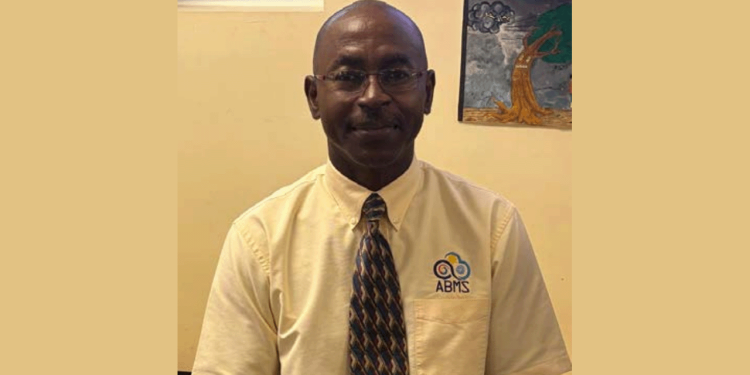The cutting off of funding for many federal agencies in the United States, is affecting Antigua and Barbuda much more than many nationals and residents realize.
The stark reality of the impact of these sharp reduction in funding for the United States Agency for International Development (USAID) and the National Oceanic and Atmospheric Administration (NOAA) has affected disaster readiness training as well as several projects that were being spearheaded by the Met Office.
“We would have had a number of projects shelved as a result of the dismantling of USAID. We would have had the early-warning for flooding that was about to get underway, that is now obviously scrapped and there is also a project in tsunami warning, that too has come to a screeching halt,” Director of Met Services, Dale Destin, reported to the annual NODS press conference that coincides with the start of the hurricane season.
Along with these impacts, Destin revealed that there are also there are other areas of grave concern for Met services across the Caribbean which could see their capabilities to monitor storm severely diminished as a result of the loss of critical data from US agencies such as the National Hurricane Center.
These include the services provided by the US Hurricane Hunter aircraft. According to Destin he raised this matter with a US Official at a recent meeting and was told, ‘we are good for the next year, but I can’t project beyond next year’.
“Not withstanding that statement, we have already seen impact; we have stations across the Caribbean that were funded by US support and that support has been cut so we have a number of stations that no longer operate. These stations are quite crucial because of the data they collect are put into the forecast models used by many agencies. The research has shown that if you withhold the data from the stations, you see a notable degrading of the skills to do forecast models and we rely on these forecast models for guidance in tropical cyclone monitoring,” he revealed.
According to the Met Director, there are also concerns about whether the region will be able to continue to rely on the US for the provision of satellite imagery to augment their hurricane tracking and forecasting capabilities. “We can’t function without satellite imagery, and no one knows if this service will now come at a charge,” he declared.
National Office of Disaster Services’ Preparedness and Response Manager, Anderson Tuitt revealed that several training programmes that the agency had planned to upskilled those involved in all aspects of disaster preparedness and relief, have had to be scrapped because of the cutback in funding from USAID.



